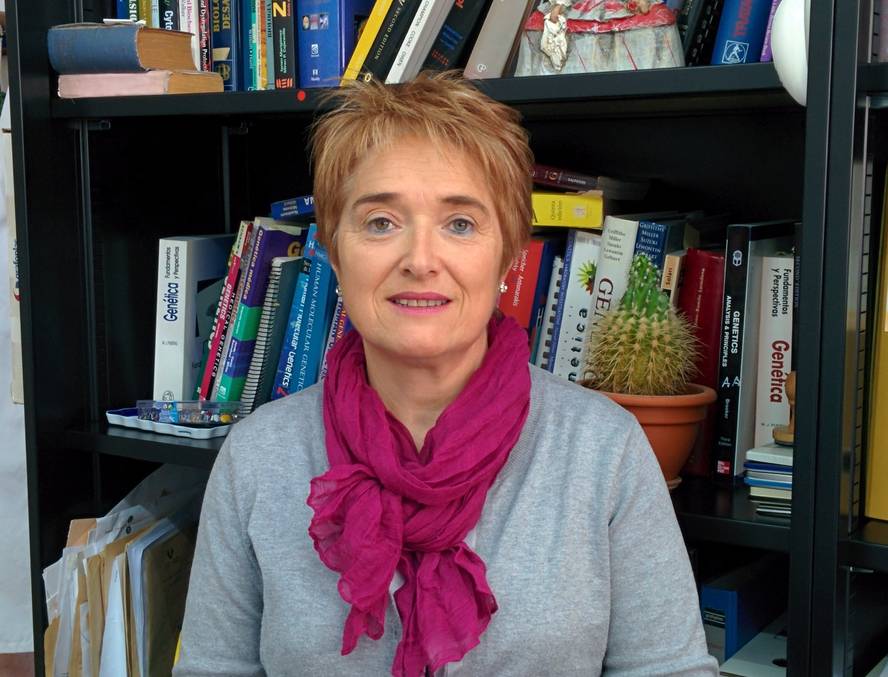“Perhaps we can come to understand how thought arises”
It is difficult to choose one, in these years so many things have happened: human genome sequencing, development of the PCR technique (polymerase chain reaction), Dolly sheep… However, if I had to choose one, I would stay with the development of molecular biology. That's what the rest has brought.
In our area, progress has taken place over decades. First, in the 1950s, they saw the structure of the DNA molecule, double helix. In the 1960s the code of genetic material was deciphered. From there we have begun to understand the molecular functioning of the genetic material and to ask the appropriate questions.
Thus, thanks to molecular biology, the path to genetic engineering was opened in the 1970s. Noteworthy is the PCR of the 80s, a method of rapid and economical amplification of DNA. This has been a breakthrough in biology.
In 1990 the human genome project was launched, later we met Dolly and in 2001 the draft human genome was presented. When they started the project they could not imagine that in such a short time they would get it, but technological development made it possible to sequence the entire genome in that period.
All this would be unthinkable if the foundations of molecular biology had not been laid. In addition, it has had very important consequences in other areas such as medicine, since genes from many diseases have been found that have opened the way to new treatments. Thanks to this, in a few years there has been tremendous progress in the knowledge of cancer.
In line with what I just said, thanks to the massive sequencing we are knowing the foundations of cancer. I investigate that, and now we know that cancers are different diseases. So far, the only way to classify tumors has been based on their morphology, but this method is not accurate. Now, however, we can differentiate at the molecular level the mutation beam of each cancer. In the coming years we will see, therefore, that specific therapies are generated for the treatment of cancers based on mutations.
However, for me there is another more exciting challenge: the brain. There I don't know what's coming. Now the BRAIN project has been launched, but I think we are not yet able to predict what it will be. As in other occasions, technology must first be developed, which will involve knowing the functioning of the brain. Behind this can be nanotechnology, computing... Hence I think we will begin to understand the dynamics of neuronal activity, and perhaps we come to understand how thought arises.






